Alloy Steel Producers Seek Expansion Of PLI 2.0 To Super-Alloys & Titanium Alloys
Updated: Mar 13, 2024 04:39:07pm
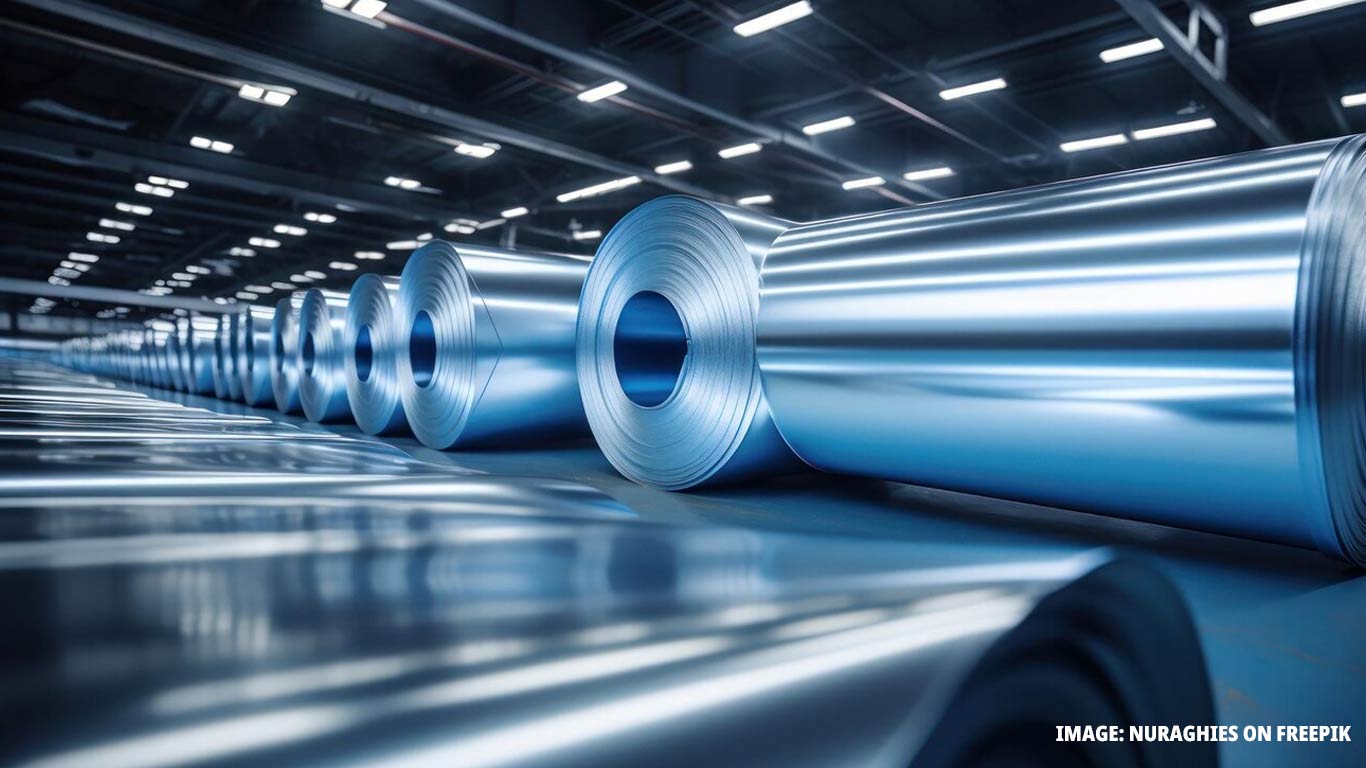
Alloy Steel Producers Seek Expansion Of PLI 2.0 To Super-Alloys & Titanium Alloys
New Delhi, Mar 13 (KNN) Alloy steel producers in India have urged the government to extend the ambit of the Productivity Linked Incentive (PLI) 2.0 scheme to cover more value-added categories like super-alloys and titanium alloys, among other categories.
This initiative comes in response to the annual import bill for these alloys exceeding Rs 5,000 crore.
The steel manufacturers are also seeking an increased export quota to Europe, along with equitable tax structures.
Alloying elements such as molybdenum, manganese, nickel, chromium, vanadium, silicon, and boron are incorporated within the range of 1-50 per cent to enhance the strength, hardness, wear resistance, and toughness of steel.
In a letter to the Steel Secretary, the Alloy Steel Producers Association of India (ASPAI) has sought relaxation in investment and production capacity norms under the PLI scheme. The manufacturers want flexibility to decide investments in upstream or downstream facilities based on their requirements.
A key demand is the inclusion of a wider array of automotive, specialty alloy and defence-related grades that were excluded from PLI 1.0 but form a significant part of India's import basket.
"Large number of automotive, specialty alloy grades and defence-related grades have been left out of the PLI 1.0 which must be included in PLI 2.0," the letter stated.
It called for covering super-alloys, re-melted steel grades, titanium alloys and other specialty high alloy steels used across nuclear, defence, automotive, aerospace, oil and gas sectors.
Additionally, the manufacturers sought rationalisation of PLI rates and baseline price revisions to ensure competitiveness.
Ensuring a level playing field across export markets, steel mills directed a separate communication to Union Steel Minister Jyotiraditya Scindia.
They highlighted the discriminatory import duties in countries like Brazil and the Mercosur trade bloc, alongside lower-than-expected export quotas that are quickly exhausted, leading to punitive actions for exceeding quotas.
Moreover, they urged the Commerce Ministry's support ahead of the impending Carbon Border Adjustment Mechanism (CBAM) and called for revisions in current standards to accommodate imported grades and the issuance of BIS standards for defence-grade steel.
(KNN Bureau)


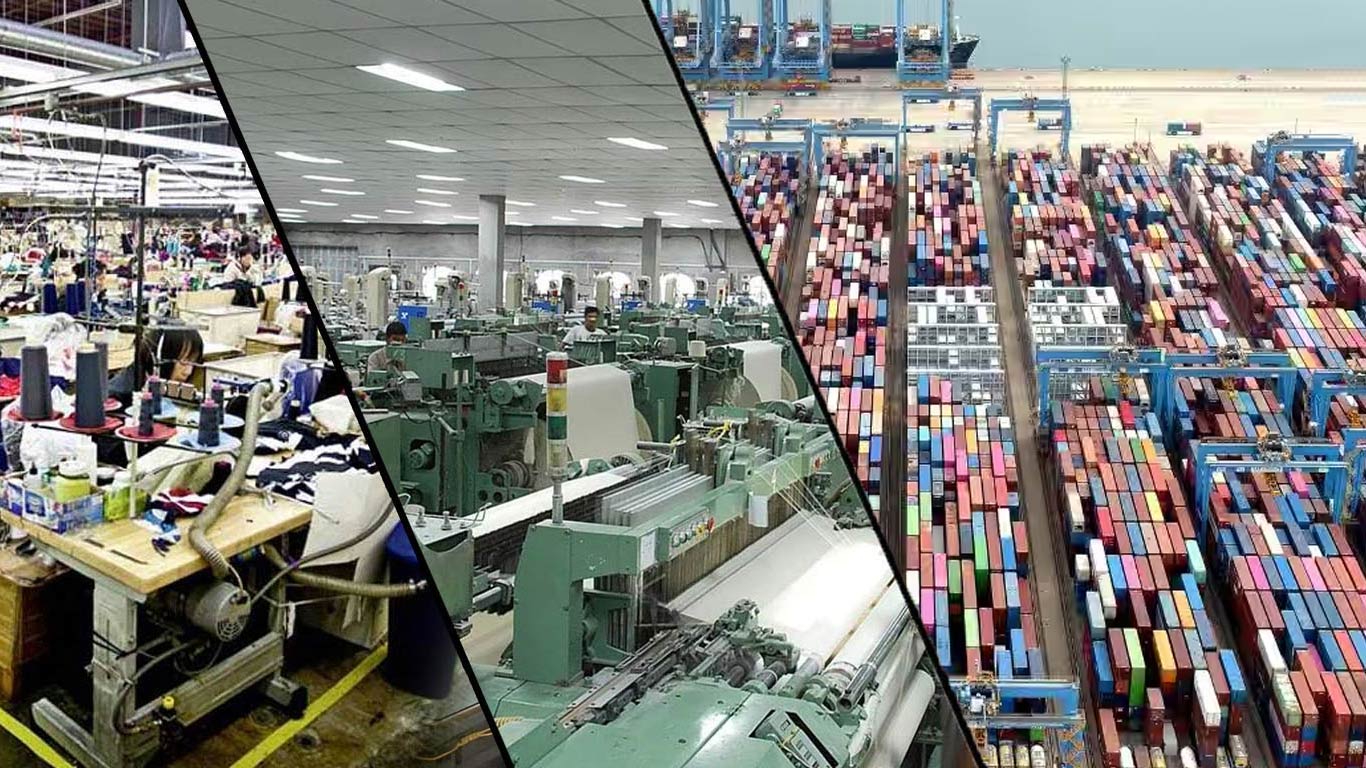
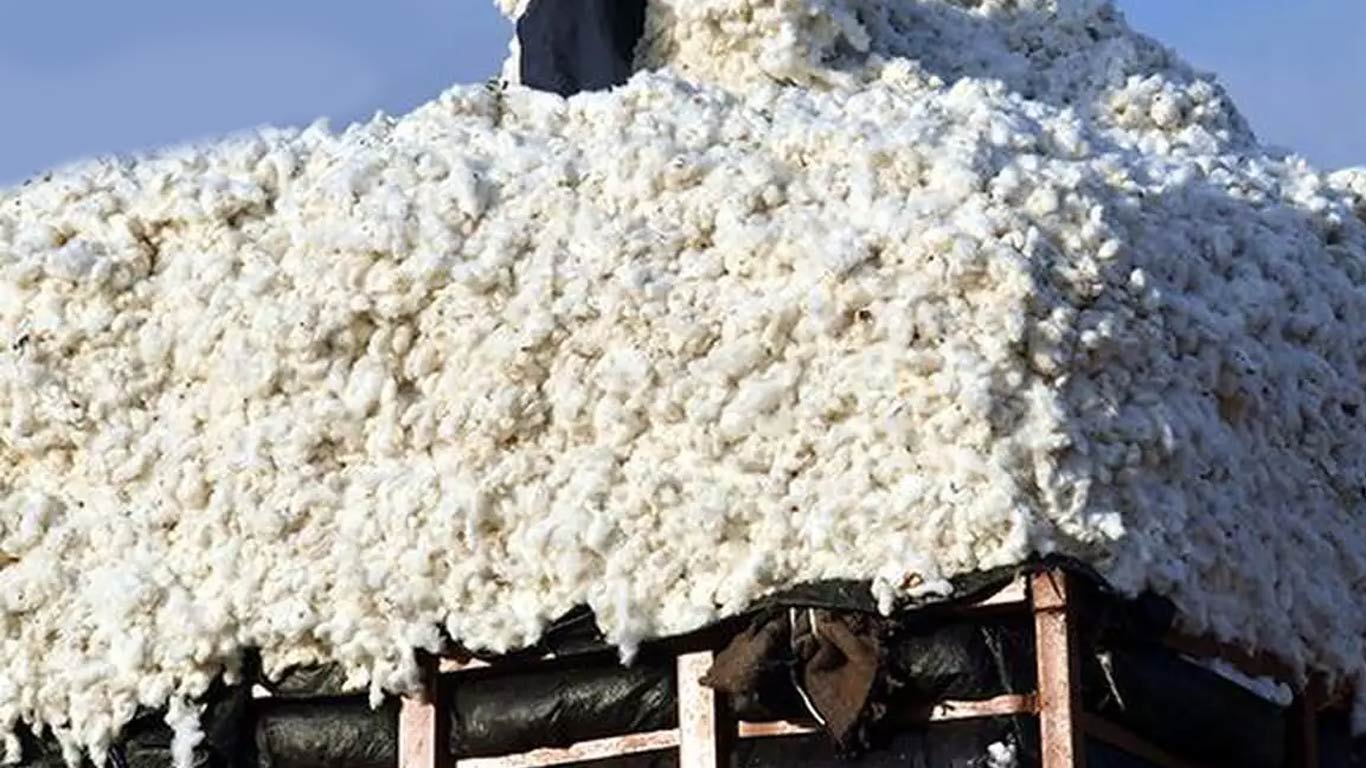
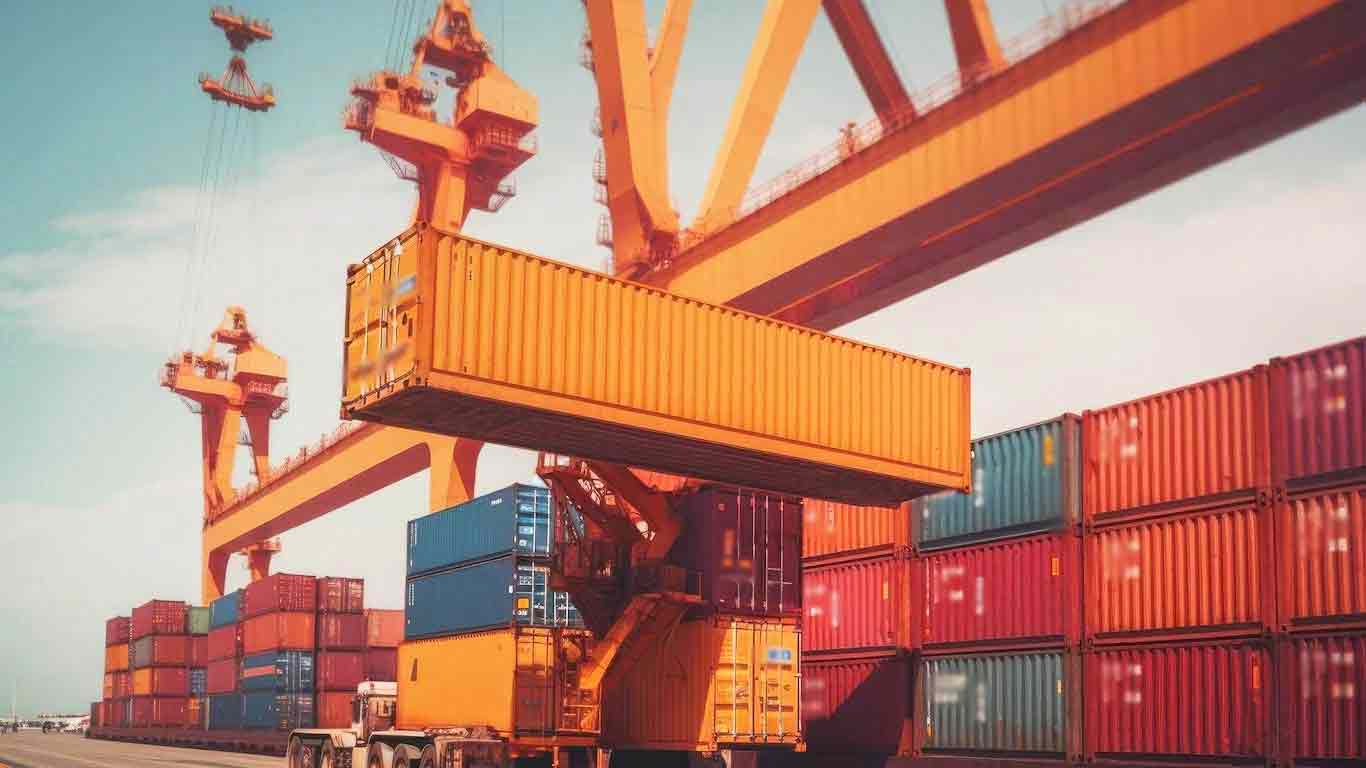
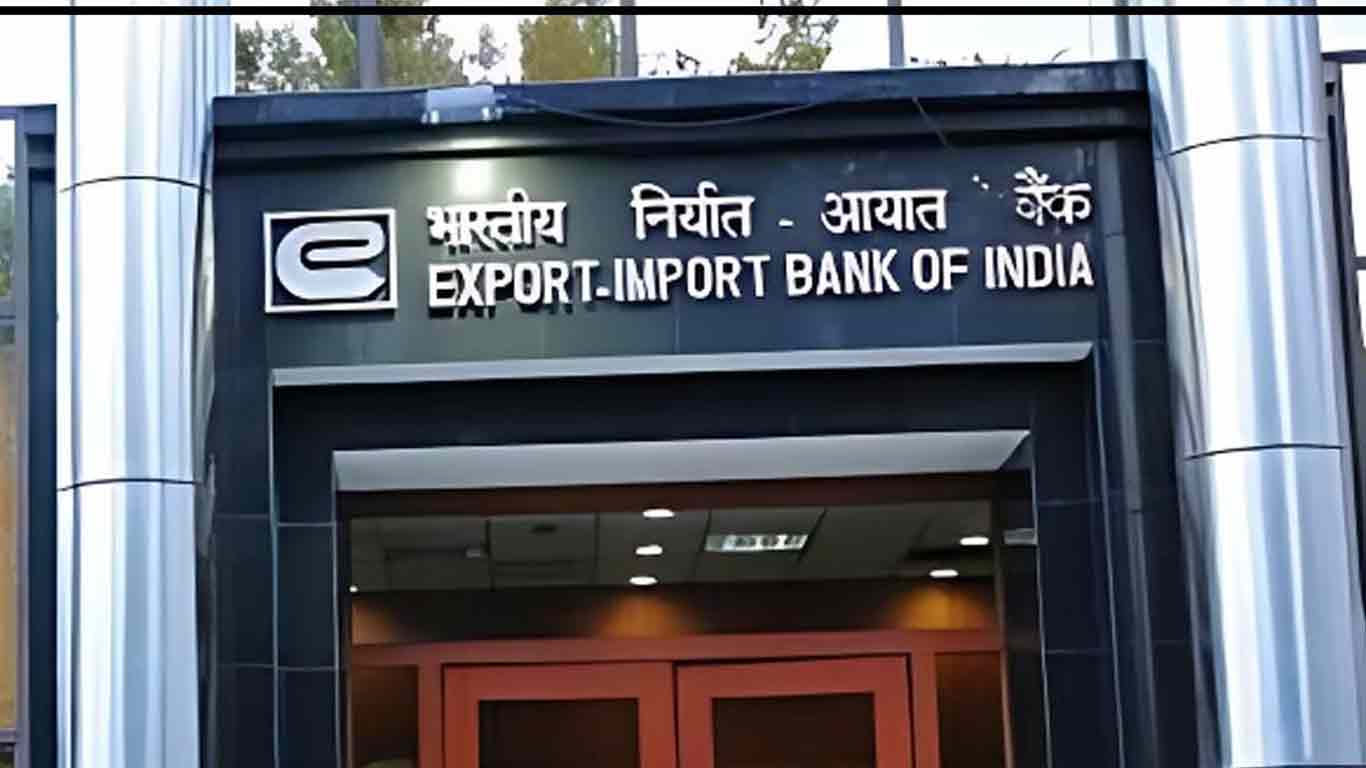





